|
|
|
|
Nau mai haere mai and welcome to your weekly newsletter.
As many parents of university-age children know, sending an excited first year undergraduate away to live in a hall of residence involves a good deal of trust, not to mention expense. Mostly it’s the beginning of a grand adventure where lifelong friendships are forged. But as many of the submissions to the parliamentary select committee inquiry into student accommodation have made clear, not everyone has the same experience.
University of Waikato legal expert Myra Williamson has been following the inquiry closely and examining where current laws and guidelines could be improved. In particular, she writes, it is time students in halls were afforded the same rights and protections as tenants in rented flats, and accommodation providers required to meet minimum standards of pastoral care.
There is a lot more to read here and on our homepage, including a critical look at Australia’s recent deportation of a 15-year-old New Zealander, and a heartfelt celebration
of children reading real books in an increasingly digital post-pandemic world.
Thanks as always for your support and readership. Until next time, mā te wā and all the best.
|
Finlay Macdonald
New Zealand Senior Editor & NZ Editor: Politics, Business + Arts
|

|
|
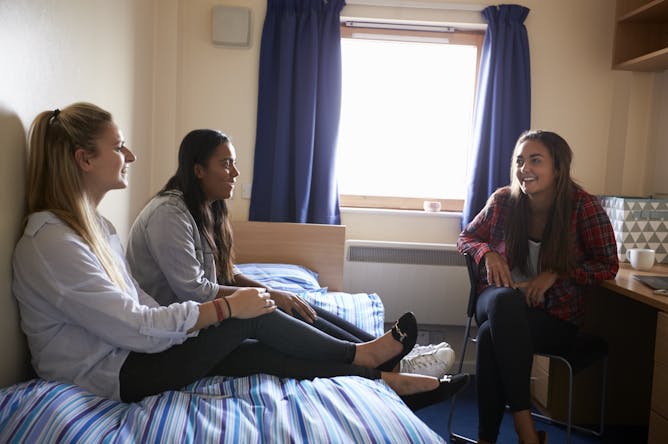
www.shutterstock.com
Myra Williamson, University of Waikato
Submissions from students and parents to a select committee inquiry suggest the student accommodation sector is overdue for tougher regulation.
|

Shutterstock/Chris Tefme
Patrick Keyzer, Australian Catholic University; Ian Coyle, La Trobe University
Deportations of non-citizens living in Australia not only tear families apart, they ignore the fact a person has already paid for their crime.
|
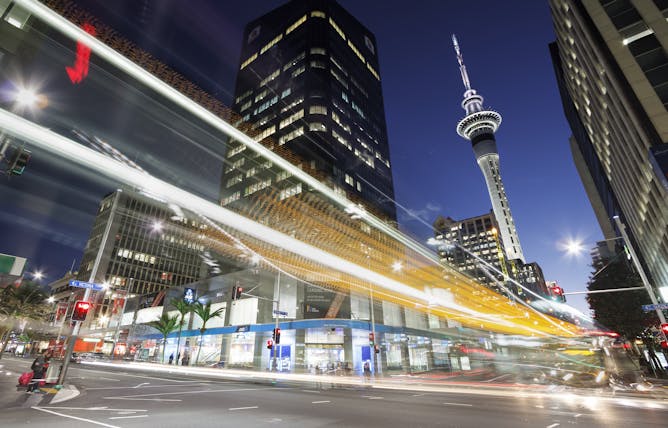
Steven Bostock/Shutterstock
Peter Enderwick, Auckland University of Technology
New Zealand businesses need to plan for a post-COVID recovery in a global economy more complex, uncertain and ambiguous than before.
|

www.shutterstock.com
Kathryn MacCallum, University of Canterbury
Lockdown life accelerated the role of digital technology in the virtual classroom, but there is still no substitute for physical books in children's lives and learning.
|

Shutterstock/Kwangmoozaa
Jim Mann, University of Otago
Almost a quarter of a million New Zealanders have type 2 diabetes. If nothing is done to change the current trajectory, the number will increase by 70-90% within 20 years, warns a new report.
|

Leaders can make rules in a pandemic, but it takes everyone’s compliance for them to work.
Ada daSilva via Getty Images
Leah Cathryn Windsor, University of Memphis
A new study finds egalitarian nations have had fewer COVID-19 deaths than individualistic ones like the US, a new study finds. But women's leadership may have something to do with their success, too.
|

Shutterstock/Stokkete
Jonathan Baker, Auckland University of Technology
Some hard decisions need to be made if we are to get better value-for-money performing arts funding from central and local government.
|

East Aleppo after Syrian forces, backed by Russia and Iran, recaptured the city in 2016.
www.shutterstock.com
Hanlie Booysen, Te Herenga Waka — Victoria University of Wellington
Three crucial factors have determined the fate of Syria, including the failure of the United Nations to stop the carnage.
|
From our international editions
|
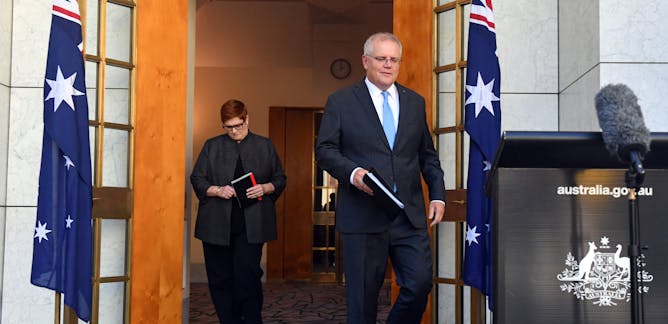
Michelle Grattan, University of Canberra
With his cabinet reshuffle Scott Morrison hopes to make his “women's problems” a whole-of-government challenge.
| |

Alistair Evans, Monash University
Teeth, horns, claws, beaks, shells and even plant prickles — the power cascade rule can be observed far and wide throughout nature, much like the famous golden ratio.
|
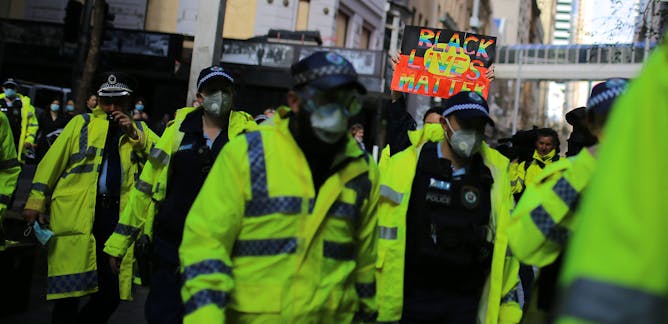
Robyn Newitt, Western Sydney University
In the wake of four Aboriginal deaths in custody in three weeks, the government needs to reassess the police and corrections systems in Australia.
| |
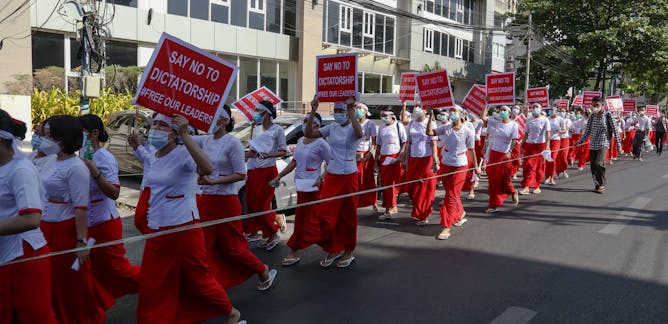
Tharaphi Than, Northern Illinois University
Young people in Myanmar have rallied daily since a Feb. 1 coup, demanding democracy. Now, ever more middle-class professionals are backing their cause, offering food, legal advice and moral support.
|

Catesby Holmes, The Conversation
Research on racism and policing in the US, explained by the experts who study it.
| |

Alanna Skuse, University of Reading
Though Renaissance concerns about 'borrowed flesh' might seem outlandish and out of date, they are surprisingly relevant to the modern surgical landscape.
|
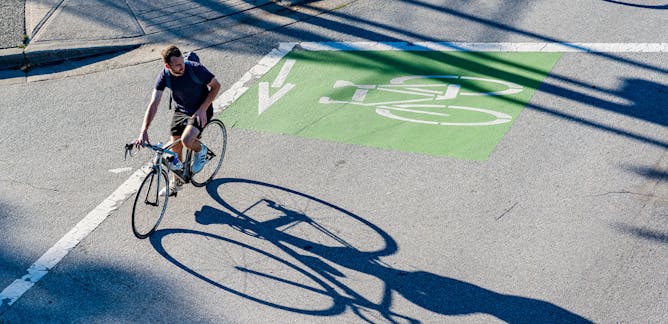
Christian Brand, University of Oxford
Active travel can help tackle the climate crisis earlier than electric vehicles – even if you swap the car for a bike for just one trip a day.
| |
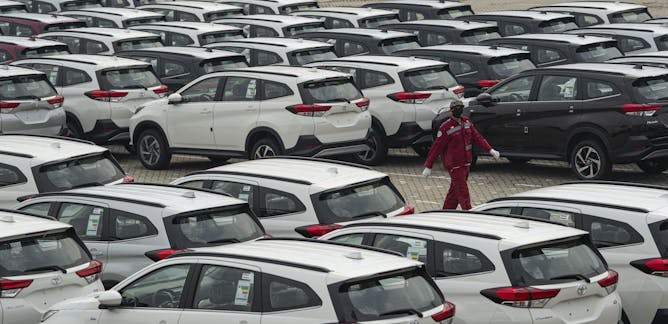
Haryanto, The Purnomo Yusgiantoro Center ; Filda Citra Yusgiantoro, The Purnomo Yusgiantoro Center
Indonesia's car sales tax cut could damage the environment as more cars on the streets will increase carbon emissions.
|
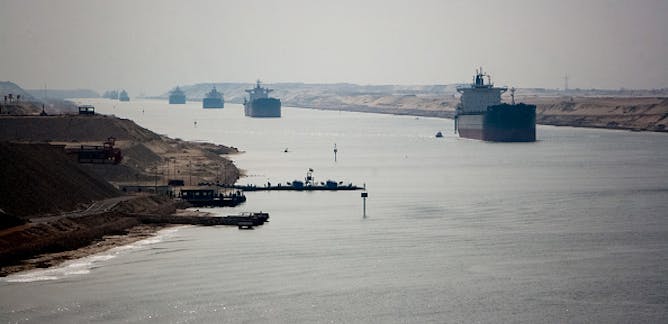
Dirk Siebels, University of Greenwich
Direct implications for maritime security are unlikely. But there will be ripple effects in the shipping industry and in many commercial sectors.
| |
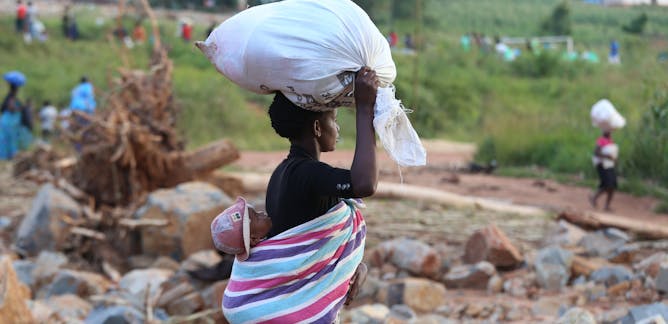
Leila Patel, University of Johannesburg; Natasha Borges Sugiyama, University of Wisconsin-Milwaukee; Wendy Hunter, The University of Texas at Austin College of Liberal Arts
Findings show that income transfer programmes must operate in deliberate coordination with ancillary social service institutions to deliver the maximum benefits for women’s empowerment.
|
|
|
| |
| |
| |
| |
| |
| |
|
|
|
|
|
|
|